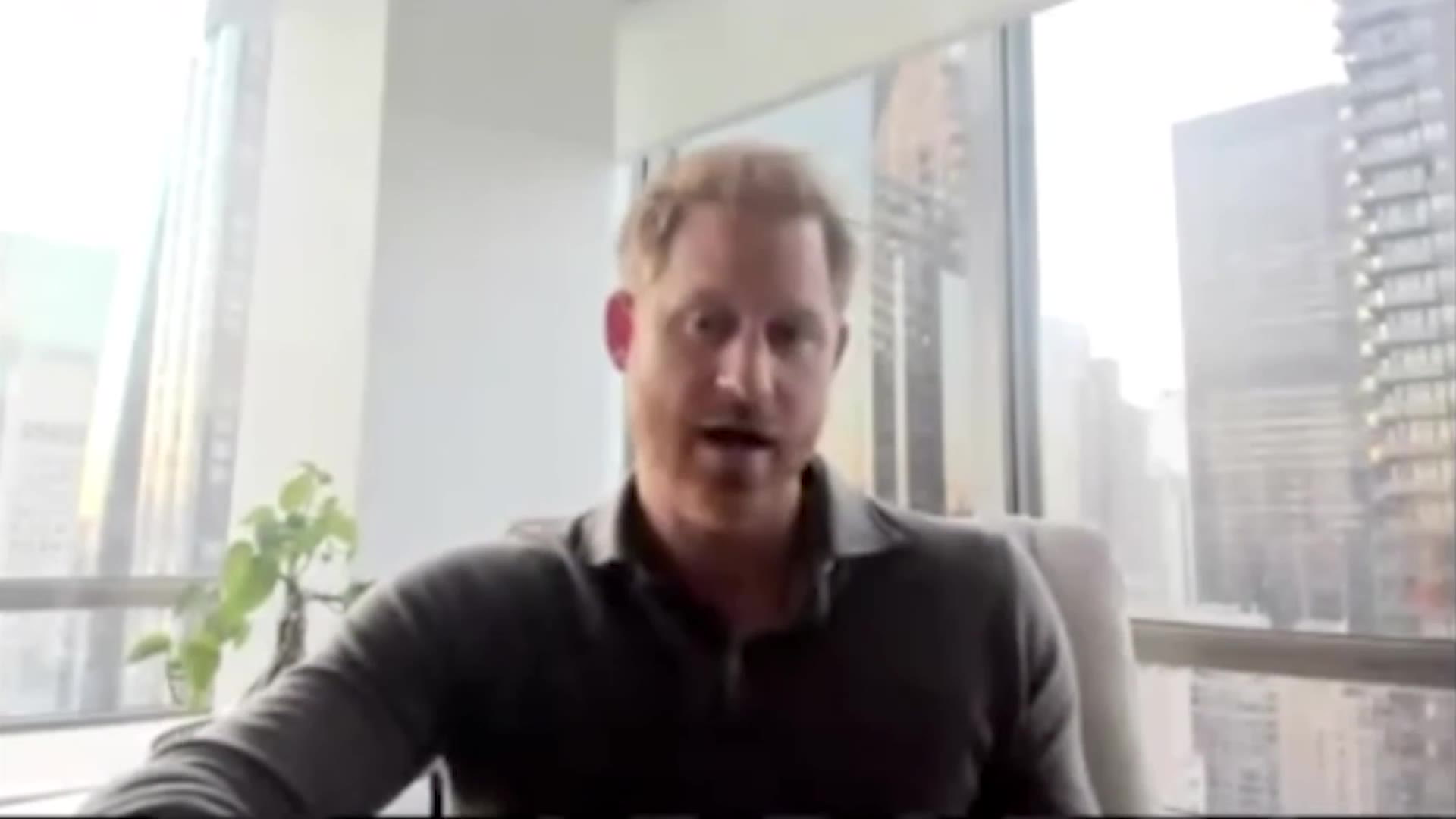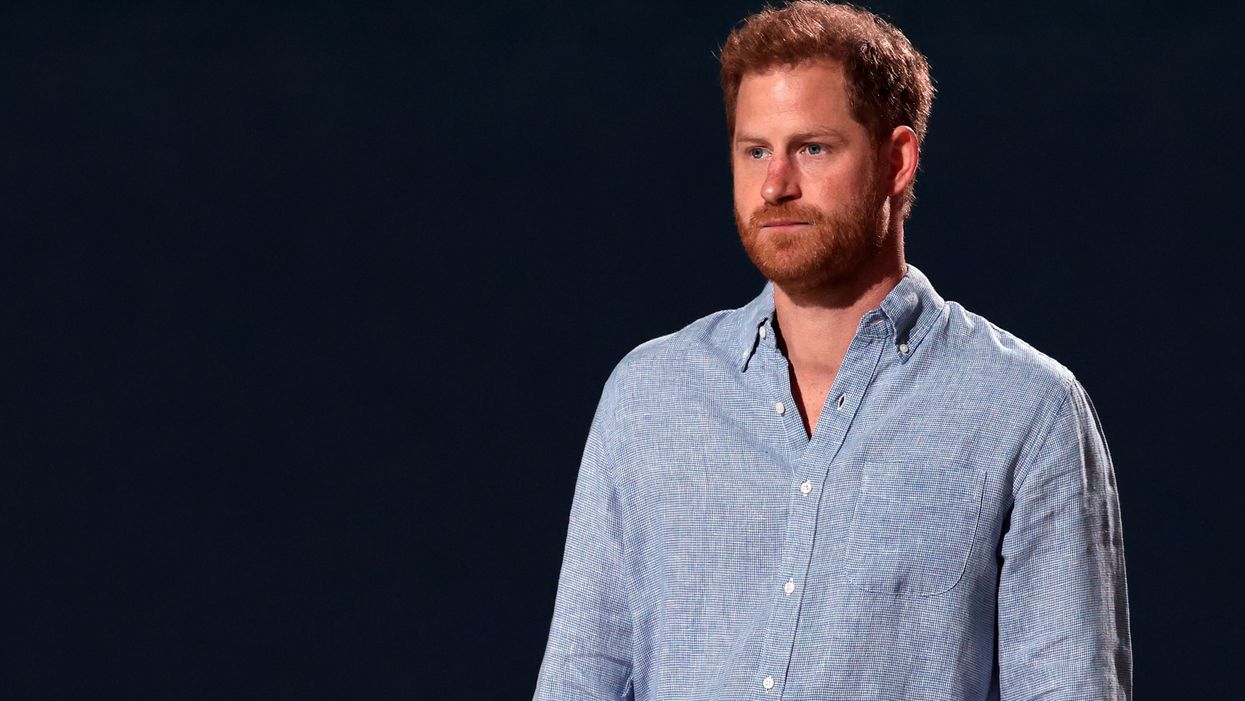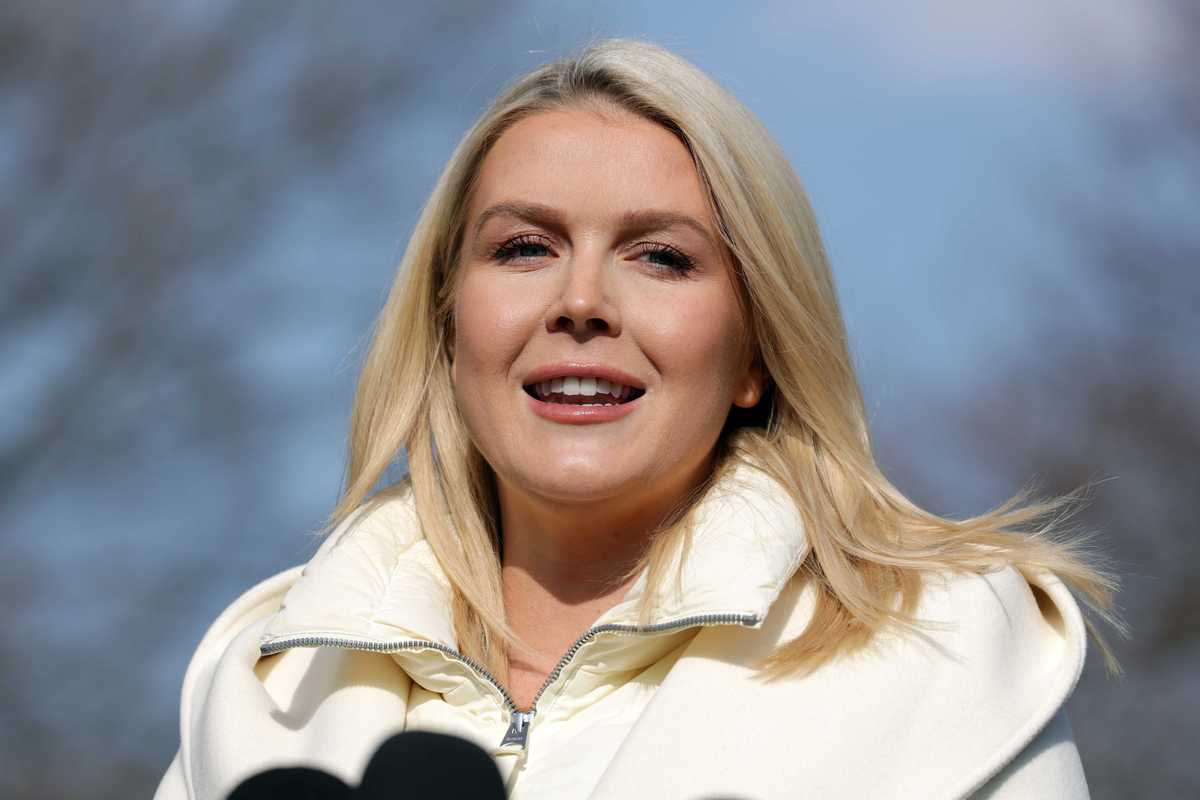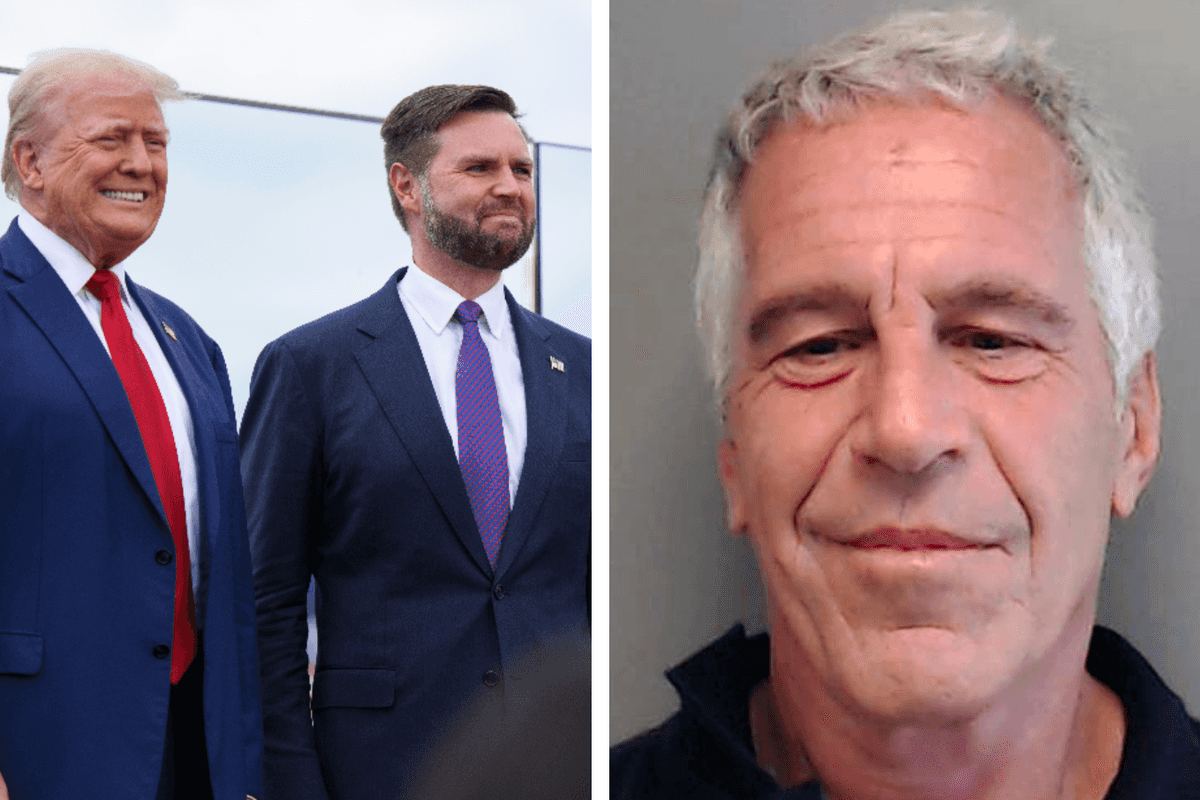Celebrities
Elaine McCallig
Nov 10, 2021
Prince Harry appeared on a special panel on misinformation where he revealed that he warned the Twitter CEO about the impending Capitol riots, slammed the term “Megxit” and explained what he thinks needs to change in the media.
The royal, who lives in California with his wife Meghan and two children, told the RE:WIRED conference that the internet is “being defined by hate, division and lies”.
During his appearance, he said that the issue of misinformation pre-dates social media, calling it a “global humanitarian crisis”.
Meghan has also spoken out about the media this week. Speaking yesterday, she said tabloids should “come with a warning label one day like cigarettes”.
Here’s a breakdown of what he said:
Capitol riots
Given the amount of vitriol Harry and Meghan have faced online, WIRED editor-at-large Steven Levy asked if he has ever spoken with Facebook founder Mark Zuckerberg or Twitter founder Jack Dorsey.
He went on to allege that he and Dorsey were in touch with each other prior to the 6 January riots on Capitol Hill.
“I warned him his platform was allowing a coup to be staged,” he said. “That email was sent the day before, and then it happened and I haven’t heard from him since.”
The riot, involving Donald Trump supporters, was staged following Trump’s allegation that the presidential election was rigged.
Twitter declined to comment.
“Megxit”
“Megxit” is a “misogynistic term” which was created by an online troll before it entered mainstream usage, the royal said.
The term, a pun on Brexit, is used to describe the couple’s departure from royal duties.
The term was parroted by royal correspondents before growing in popularity, eventually being used in mainstream media reports about the pair.

Harry said a small group of accounts are allowed to cause “a huge amount of chaos online… without any consequence whatsoever.”
He said that more than 70 per cent of the hate speech about Meghan on Twitter was traced to fewer than 50 accounts.
Asked if users should delete their social media accounts, Harry noted he and Meghan are not on any platforms and will not return until changes are made.
He said it “simply isn’t true” that the challenge of misinformation “is too big to fix, it’s too big to solve”.
What did he say about the press?
The royal also spoke about how he lost his mother to the “self-manufactured rabidness” of the tabloid press, and said he is determined that the same will not happen to Meghan.
Princess Diana was hounded by the press after stepping into royal life. She was killed in a car crash in 1997 while being pursued by the paparazzi in Paris.
He said: “I lost my mother to this self-manufactured rabidness and obviously I’m determined not to lose the mother to my children to the same thing.”
Harry nodded to comments he made in a mental health series he appeared in earlier this year and said “they won’t stop until she’s dead” – a reference to Meghan.
He added: “It was more of a warning, not a challenge.”
“I learned from a very early age that the incentives of publishing are not necessarily aligned with the incentives of truth,” he added.
He said the UK press “sadly conflate profit with purpose, and news with entertainment”.
“And they don’t report the news, they create it, and they’ve successfully turned fact-based news into opinion-based gossip with devastating consequences for the country.” he said.
So what has to change, according to Harry?
As the panel discussed “censorship” and the balance between free speech and potentially harmful content on social media, Harry said “the free speech argument is somewhat a distraction from the main problem”, adding “this isn’t just a social media problem, it’s a media problem.”
He said while a lie on social media is dangerous, “when that same lie is given credibility by journalists or publishers, it’s unethical and as far as I’m concerned an abuse of power.”
“If the news media is supposed to be holding us to account, who is holding them to account? Because it’s kind of become like a bit of a digital dictatorship.”
Moving forward, he said people should support professional, honest journalists instead of “the pirates with the press cards”.
Harry said “real journalists” have the power to “tackle racism, misogyny, lies, all of it” from “within their own system”.
On the panel, Harry was joined by Rashad Robinson, a co-chair of the Aspen Commission on Information Disorder and president of Color Of Change and Renée DiResta, the technical research manager at Stanford Internet Observatory.
Indy100 has contacted Twitter for comment.
Additional reporting by PA.
Top 100
The Conversation (0)














